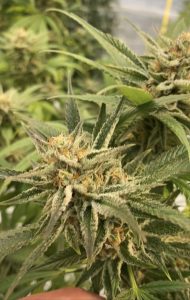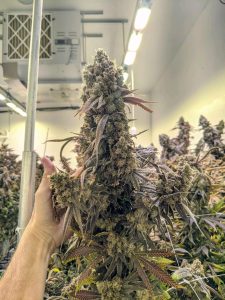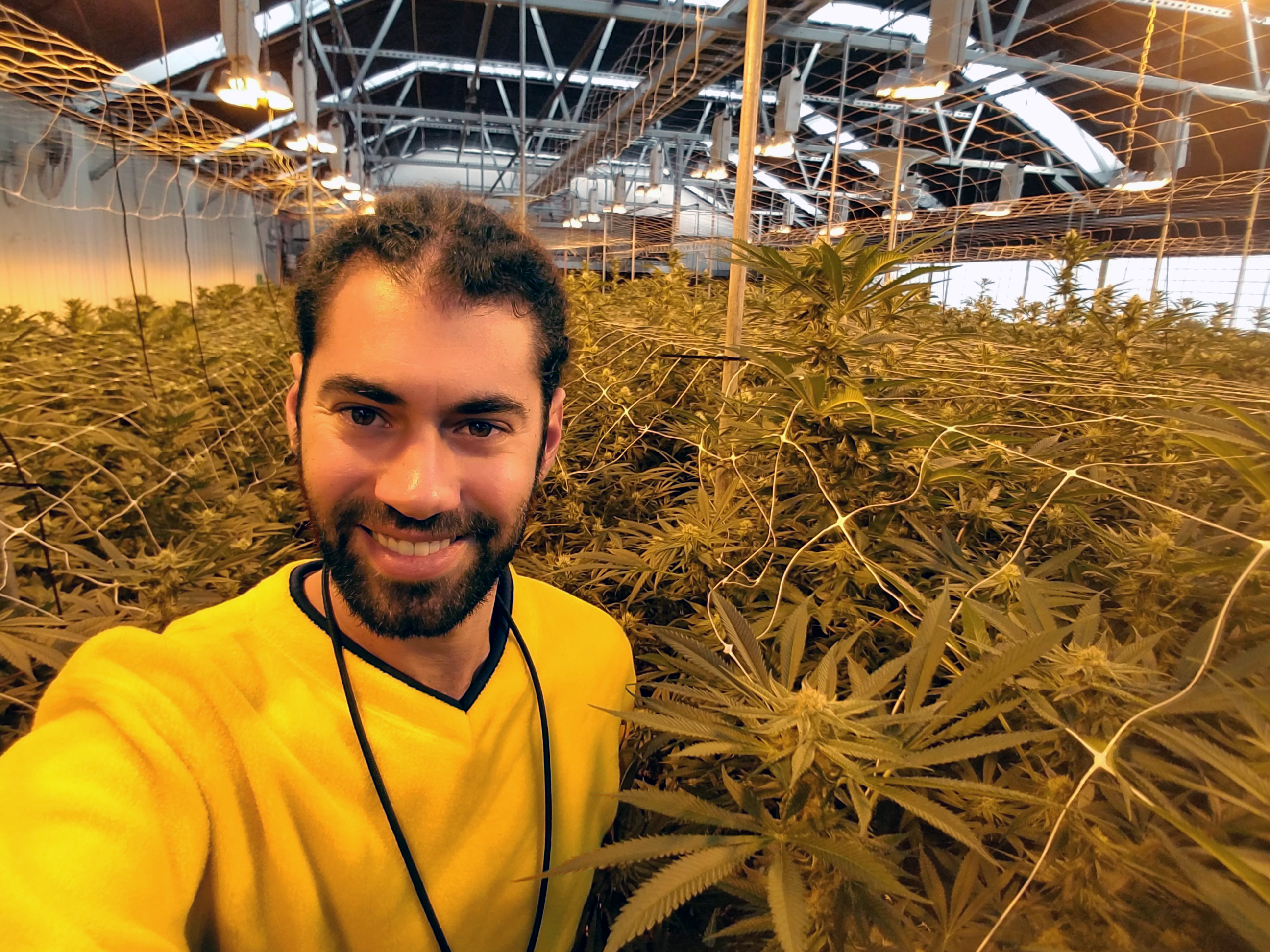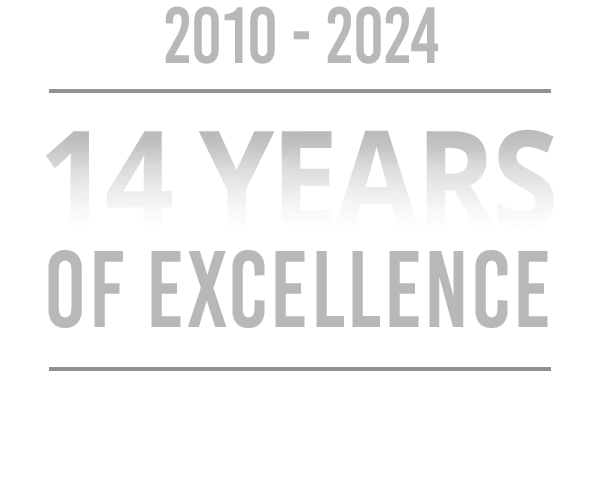Modern farming is so much more than putting a seed in the ground and hoping it turns into a plant one day and no one knows that better than JC Chidiac, an Arkansas-based horticulture consultant and technical advisor who has helped dozens of people improve their business – and grow their bottom line.
In the horticulture industry, it is becoming more common to hire consultants like Chidiac to help improve the business of farming. Chidiac looks at farming through the lens of technology – he is a general consultant and knows about many aspects of the horticulture industry and can help his clients move their business forward – while allowing them to focus on what they love, which is growing plants.
“I teach people how to avoid trial and error,” Chidiac said. “If you are a farmer, you are immersed in your role. You are busy doing what you do. You don’t have the time to do this kind of work. A consultant provides education and due diligence to keep you competitive as a company. In my role, I help to speed up the process, so growers avoid wasting time and money. Technology in horticulture is changing. And your competitors are making progress. You don’t want to be left behind.”
Chidiac got into the business almost by accident. He started his consulting business five years ago after working in a garden store in Denver, where he realized he preferred to work for himself. He works with all types of growers – cannabis, leafy greens, fruits and vegetables. While he currently isn’t accepting new clients, he is sharing his advice and experience on how to find a good consultant for your growing operation.
He says he’s an anomaly because most people come into consulting at the end of their careers, but his unique combination of education and passion led him to become a consultant early in his career. He has a biological engineering degree, a master’s degree in molecular biology and a master’s degree in horticulture. He also worked in research, so he has a science background – meaning he has seen the science behind the research, has the education and training and has visited hundreds of farms and talked to farmers about methodologies and results.
His clients come from three general groups: Investors, who need due diligence and advice on vetting assets and strategies; existing farms and farmers who need help with design, training, troubleshooting and improving existing operations; and service providers and product manufacturers, who want assistance on making sure their products are competitive, lean and well-designed.
“Basically, bridging what the investors and farmers need and want,” Chidiac said.
So, what does that look like for clients of Chidiac? He said he begins with an introduction, assessing needs, budget and the fit – what is planted, what is the goal and vision. Then, he assesses whether he has value to add. If that goes well, he writes a proposal, talks about terms and offerings, a contract is signed and he begins work.
“One of the main things I do is help to analyze data,” he said. “I help my clients look at their data and make use of it competitively. I know how to look at data in the proper context, and help my clients use it to get a better result. If they are missing pieces of the puzzle, knowledge wise, I can help.”
Another key piece of what consultants like Chidiac provide is facilitation – he says generalist consultants like himself can facilitate conversations and relationships between farmers and people who can help them, like engineers and scientists.

“I can help explain things to everyone because I know enough about all of it to facilitate that communication,” he said.
Horticulture consults a growing field – there are many consultants out there who are vying for the business of growers. And with modern farming growing and changing – and technology moving quickly – how do you know you are hiring the right consultant?
“You have to hire someone you trust,” Chidiac said.
Here are three things to look for when interviewing a horticulture consultant:
- Do they have the skills you need?
- Do they have your best interests at heart, meaning there are no conflicts of interest? Many consultants have conflicts. A consultant is your trusted advisor who should be as impartial as they can be and accurate and not tainted by money.
- Do they answer your questions with questions? If your consultant has an immediate answer, chances are they are working with a vendor or supplier.
“Many consultants align with product manufacturers and service providers for the commissions,” he said. “So, their advice isn’t impartial. It’s really as simple as that. You cannot help someone select lighting if you are being paid by a lighting manufacturer.
“Everyone needs to make a living, but it’s not a space to play games. Trust is very serious. It can make or break relationships.”

In the horticulture industry, many people take advice from sales people – not realizing they are not getting impartial advice. Chidiac said growers need to be cautious of free advice – because it has strings attached.
A good consultant brings expertise to the table, but also – and more importantly – they bring perspective.
“In modern farming, you are trying to get systems to work together to get the desired outcome. It’s multidisciplinary,” he said. “You have to always be looking for the bigger picture and know how small changes can ripple and have big impact. Farmers are hard-working, disciplined and show up to work but that leaves very little time to scan through research, news, and specs on products. And that’s what a good consultant brings to the table. Perspective. My value is what I know and what that information is worth.”
A good horticulture consultant also works as an advocate, helping to get the best value on products from manufacturers and other providers. A consultant, in a nutshell, helps farmers achieve their goals and dreams.
“It’s an investment in your future,” he said.


